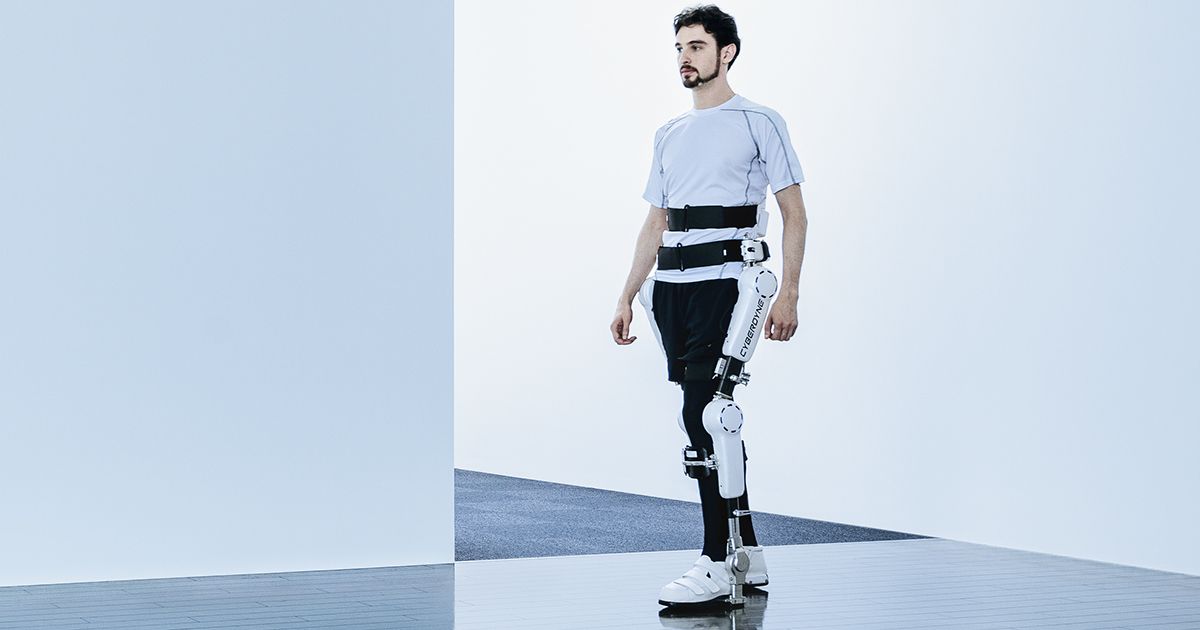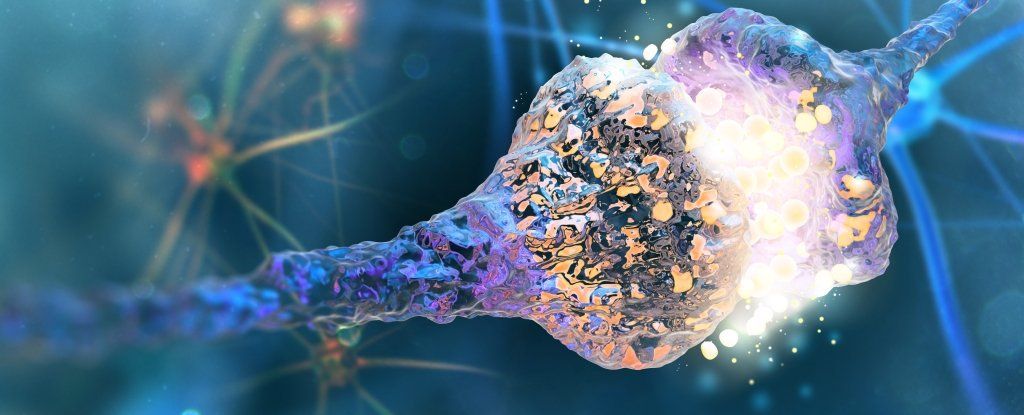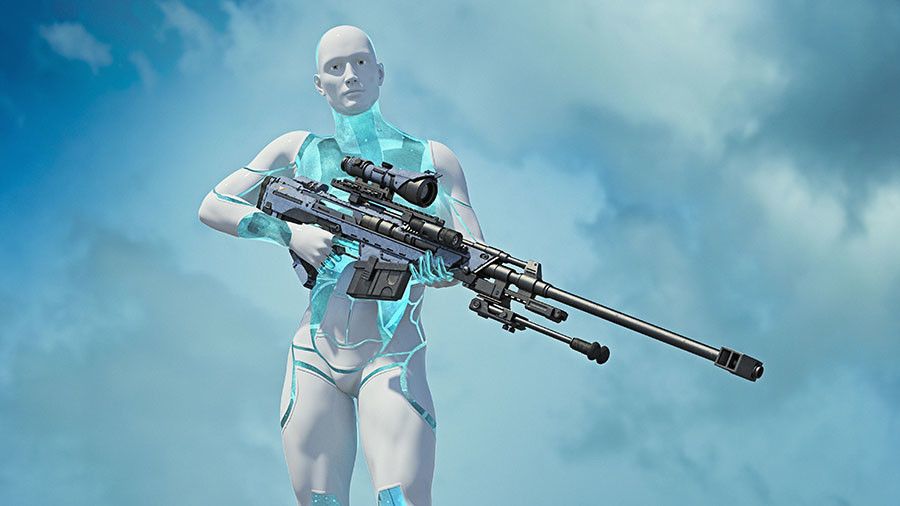Jan 24, 2018
The male Y chromosome is slowly fading, and could disappear completely
Posted by John Gallagher in categories: biotech/medical, sex
The end of men? Experts reveal how the male sex chromosome could one day disappear completely.
Since the dawn of humanity, men have played a vital role in determining the sex of their offspring.
Continue reading “The male Y chromosome is slowly fading, and could disappear completely” »




 As we hear more and more about the upcoming Winter #Olympics in a few weeks, let’s remember the idea for a future Transhumanist Olympics:
As we hear more and more about the upcoming Winter #Olympics in a few weeks, let’s remember the idea for a future Transhumanist Olympics: 












